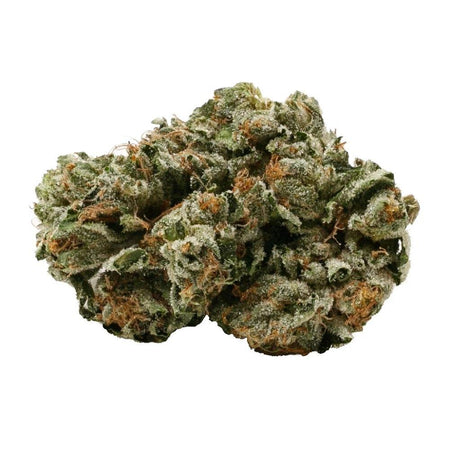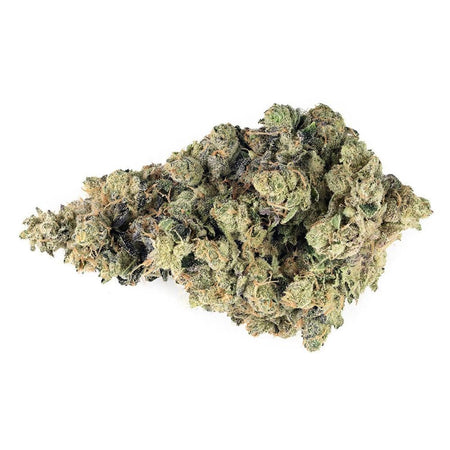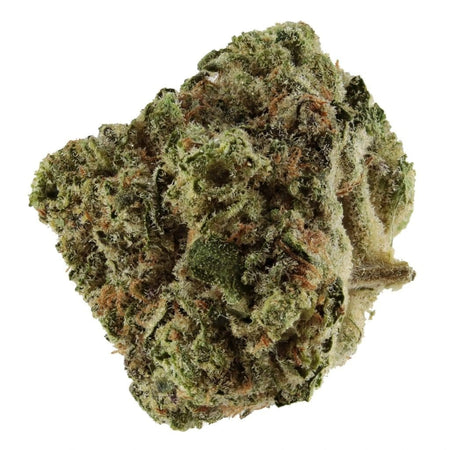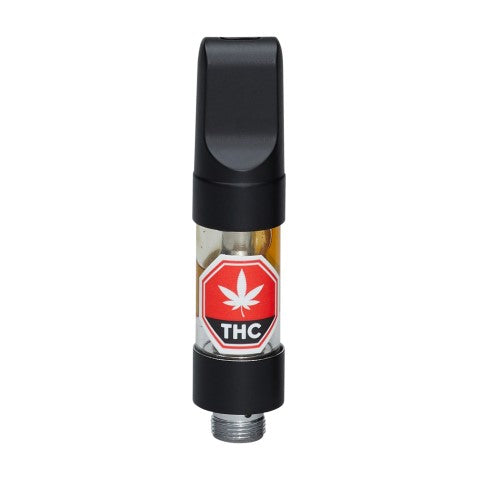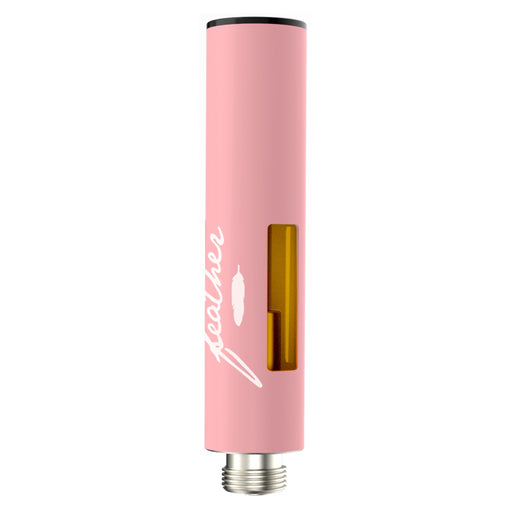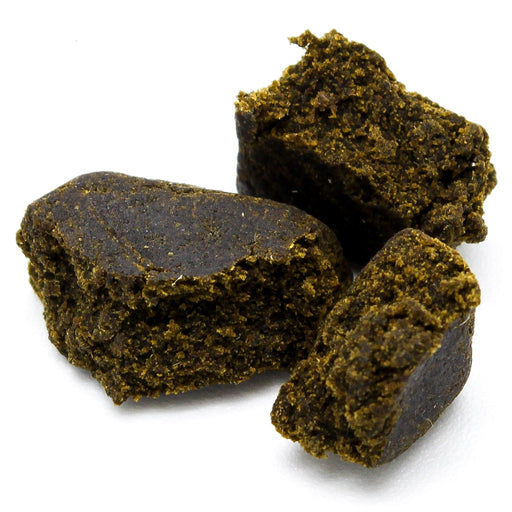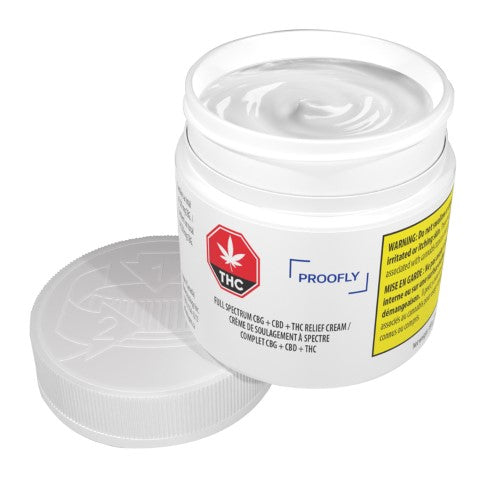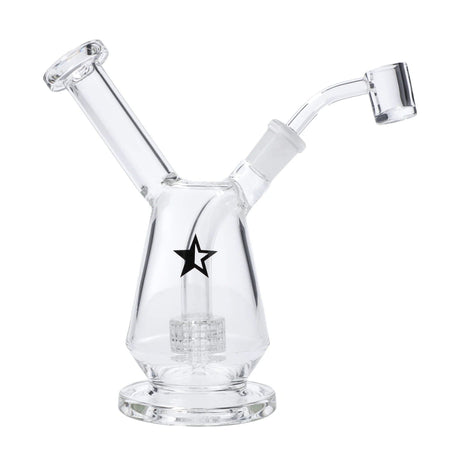Understanding the Entourage Effect
The entourage effect is a fascinating phenomenon in the realm of cannabis research, where the various compounds within the plant, such as cannabinoids, terpenes, and flavonoids, interact synergistically to enhance its therapeutic benefits. Coined by Dr. Raphael Mechoulam and further elaborated by Dr. Ethan Russo, this concept underscores the importance of using whole-plant cannabis to achieve maximum efficacy.
At its core, the entourage effect hinges on the complex interplay between different compounds found in cannabis. Cannabinoids like THC (tetrahydrocannabinol) and CBD (cannabidiol) are well-known for their individual effects, with THC being primarily responsible for the psychoactive properties and CBD known for its non-psychoactive therapeutic benefits. However, when these cannabinoids are combined with other components such as terpenes and flavonoids, they can produce effects that are greater than the sum of their parts.
Terpenes, the aromatic compounds responsible for the distinctive scent of cannabis, also play a crucial role. For instance, myrcene, a terpene found in many cannabis strains, can enhance THC’s psychoactive effects while providing its own sedative properties. Similarly, limonene, another terpene, is thought to contribute to the uplifting effects of certain cannabis strains. The interaction between these terpenes and cannabinoids can modulate the overall impact of the plant, tailoring its effects to better suit specific therapeutic needs.
The body’s endocannabinoid system (ECS) serves as the stage where these interactions occur. The ECS, comprised of receptors like CB1 and CB2, interacts with cannabinoids and terpenes to regulate various physiological processes, including pain, mood, and immune function. When whole-plant cannabis is used, the diverse array of compounds can engage the ECS more comprehensively, leading to enhanced outcomes compared to isolated compounds.
For example, a combination of THC and CBD has been shown to be more effective in managing pain than either compound alone. Similarly, specific terpene profiles can influence the anti-inflammatory or anti-anxiety properties of a cannabis strain, offering more tailored and potent therapeutic effects.
In essence, the entourage effect highlights the importance of considering the full spectrum of cannabis compounds. By leveraging the synergistic interactions between cannabinoids, terpenes, and flavonoids, whole-plant cannabis provides a more holistic approach to therapy, maximizing the plant’s potential to benefit human health.
The Therapeutic Advantages of Whole-Plant Cannabis
The utilization of whole-plant cannabis in medical and therapeutic applications is gaining increasing recognition for its enhanced efficacy. Unlike isolated cannabinoids, whole-plant cannabis leverages the synergistic interactions between various compounds, a phenomenon known as the entourage effect. This comprehensive approach has shown promise in treating a range of conditions including chronic pain, anxiety, and epilepsy.
Clinical studies have consistently demonstrated the superior outcomes of whole-plant cannabis. For instance, a study published in the Journal of Pain Research found that whole-plant cannabis was significantly more effective in managing chronic pain compared to isolated THC or CBD. Patients reported not only a reduction in pain intensity but also an improvement in overall quality of life. Similarly, research highlighted in the Epilepsy & Behavior journal pointed out that whole-plant cannabis extracts provided better seizure control in epilepsy patients than pure CBD isolates.
Patient testimonials further underscore the benefits of whole-plant cannabis. Many individuals suffering from anxiety have noted a more balanced and sustained relief when using whole-plant products. This can be attributed to the intricate interplay of cannabinoids, terpenes, and flavonoids which work in concert to modulate the effects, thereby reducing the risk of side effects often associated with high doses of single cannabinoids.
In addition to patient experiences, the medical community is progressively acknowledging the advantages of whole-plant cannabis. There is a growing trend towards embracing this holistic approach, which is influencing the development of cannabis products and patient care practices. Medical professionals are increasingly recommending whole-plant cannabis for its comprehensive symptom management capabilities, leading to more nuanced and effective treatment plans.
Overall, the therapeutic benefits of whole-plant cannabis are becoming more evident as both clinical evidence and patient feedback highlight its potential for providing a balanced and effective approach to symptom relief. As research continues to evolve, the integration of whole-plant cannabis into medical practice is expected to expand, offering a more nuanced and patient-centric therapeutic option.
